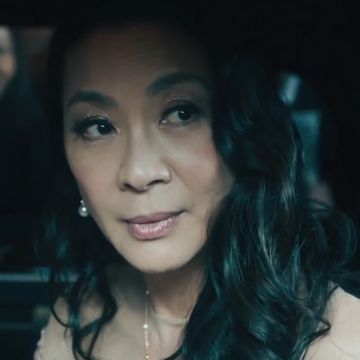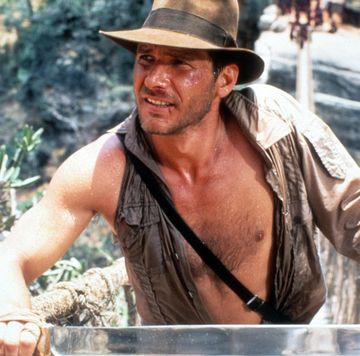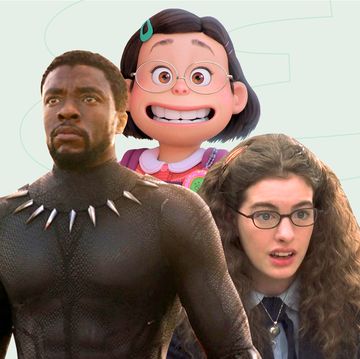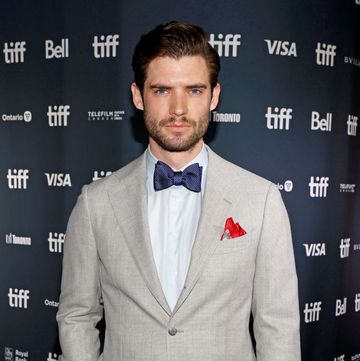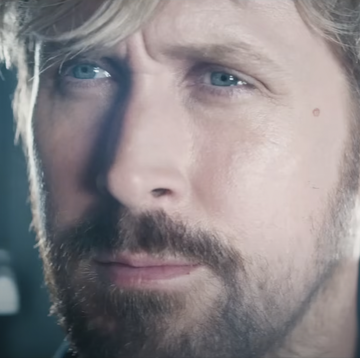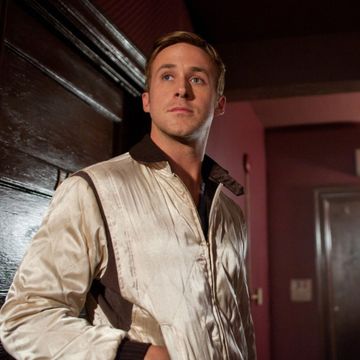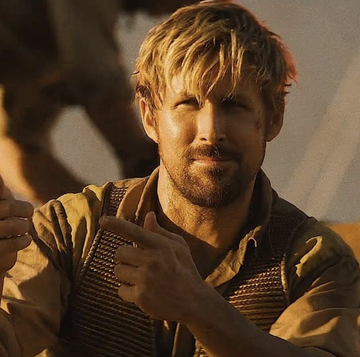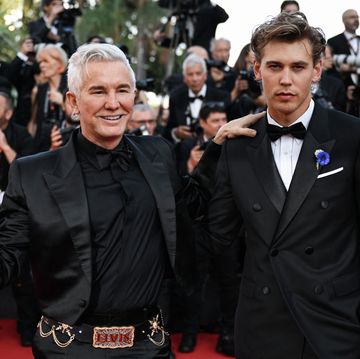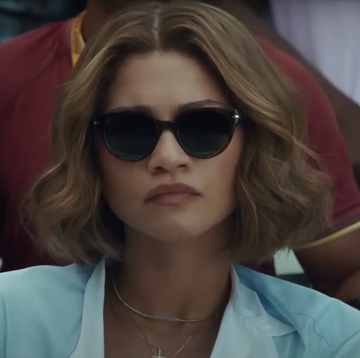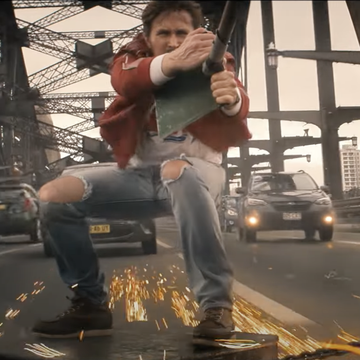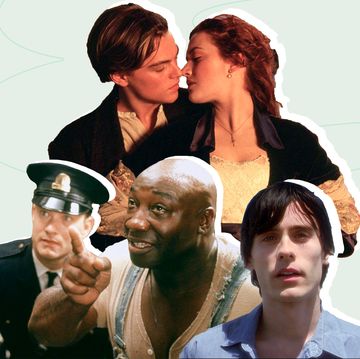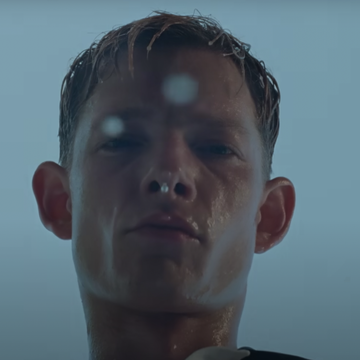Let's start by stating plain facts: Rogue One is not good. It may even be bad, though it's hard to argue a film with a final 40 minutes that entertaining could be outright bad. It's the first two acts that sink it: muddled, lacking in character, and somehow too fast moving while simultaneously a real slog. It'd be easy to look at these issues and blame a troubled production and the storied Tony Gilroy reshoots. The truth is we don't really know how those reshoots affected the final product, though an attempt to rescue a "product" was clearly the goal. Normally I'd defend director Gareth Edwards' original vision sight unseen, if only to stand with the artist over the corporation, but in watching Rogue One I was left with the sense that the suits at Disney may have had it right to attempt a salvage operation.
The problems with Rogue One certainly exist at a script and filmmaking level, but they also go far deeper than that, right down to the core concept of the film. This was supposed to be Star Wars as a true war movie, getting down and dirty with the complexities of war, the death, the horror, and the moral compromises involved in killing for a supposedly noble cause.
Where the original Star Wars films were pulpy serials that took inspiration from more romanticized Hollywood depictions of battle, Rogue One promised to use its status as a stand-alone entry to come at war from the darker, more realistic perspective of films from the Vietnam era. Bringing some complicated moral weight to Star Wars is a great idea in theory, but so was communism, as Homer Simpson once astutely pointed out. We know how that worked out.
Star Wars certainly has the capacity to go dark and remain good. The Empire Strikes Back is a dark, dark film in which the hero of the film has his hand cut off and then learns his father is basically Hitler. In The Force Awakens, a troubled son actually kills his own father. These are films literally about a "Dark Side"—there's going to be some darkness. The success of the Star Wars films, though, is that, through all the death and darkness, they remain romantic, swashbuckling adventures. Put simply: Star Wars movies are fun.
Rogue One is not fun. It's got a ton of action, and that last act certainly pummels the audience into admitting some level of enjoyment, however begrudgingly. It's entertaining in parts, but it's missing that key component of romantic fun at its heart that makes Star Wars, well… Star Wars. It's hard to imagine how the solemn self-seriousness of Rogue One would lead into the wide-eyed adventurous spirit of A New Hope. In some ways even the awful Revenge of the Sith—a markedly worse film than Rogue One —still serves as a better bridge to the original 1977 film by upping the campy melodrama to an absurd degree. Episode III and IV feel completely different from one another, but they do share a common desire for fun, despite one being far more successful at it than the other.
Of course, the whole point of Rogue One is that it doesn't need to feel exactly the same as the rest of the series. It's a spin-off. A stand-alone film. As originally pitched, the "anthology" films were supposed to offer filmmakers the opportunity to tell new kinds of stories within the Star Wars universe. The thinking was that Star Wars was a malleable enough property to accommodate something like a gritty war drama. That could still be true, but Rogue One is proof that whatever tonal elasticity the Star Wars universe may allow, it also has clear a clear breaking point.
Rogue One didn't need to turn out this way. Some have compared the film, with its ragtag group of miscreants on a deadly mission, to The Dirty Dozen. The similarities are obvious, especially as the film reaches its climax, but the comparison is surface-level at best. For as angry a film as The Dirty Dozen is, and for as disturbing and violent as it gets, it's always fun. It gives its characters real moments to shine with good humor, and the plot, about misfit Army criminals being forced to train up and go kill some Nazis, is about as entertaining as they come.
There's a theoretical version of Rogue One that plays the same way. A group of rebels who don't like each other, forced to work together to steal the plans for the Death Star. At its heart, it's about a heist, but Rogue One has none of the joyousness of a great heist flick.
What's worse is that while Rogue One is distinct for a Star Wars movie, it's somewhat indistinguishable from the rest of the Hollywood blockbuster landscape. Not only is it loud, long, and overstuffed, the characters have next to no weight behind them, the plot moves from location to location before the audience ever has time to care, and the film's "seriousness" is about as deep as the kiddie pool at your local amusement park. Even the utter lack of American accents is telling: British accents having long been universal shorthand for "take me seriously, please."
It's a technically polished, mostly inoffensive way to pass two hours, closer to a Marvel movie, with its yearning for real world relevance mixed with a smattering of Joss Whedon-style quips—hi, Alan Tudyk!—than anything resembling The Empire Strikes Back or The Return of the Jedi. Where's the adventure? Where's the heart? Where's the fun? Rogue One is "a Star Wars story," but it's not really Star Wars.





